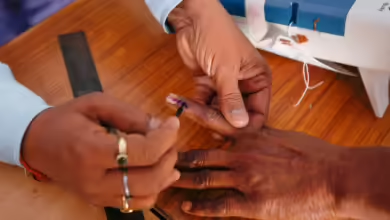Punjab: Thirty cops neglect to timely submit Insecticides Act plaints in soup
The Punjab and Haryana High Court was informed by the Department of Agriculture and Farmers Welfare that a minimum of thirty officials had neglected to submit criminal cases in accordance with the Insecticides Act within the allotted time frame, a shocking discovery. Additionally, it was informed before Justice NS Shekhawat’s Bench that the Punjab Joint Director of Agricultural (Plant Protection), the appropriate authority, was awaiting prosecution sanction in 47 instances.

Less than a month had passed since the high court learned of a scam in which the accused had illegally benefited from the actions of pesticide inspectors and chief agriculture officers, who delayed filing complaints with the courts despite having received reports from the public analyst and sanction under the Insecticides Act. Throughout the hearing, the Bench requested district-level statistics for the previous five years in each Act instance.
Department Director Jaswant Singh stated that these officers had received “some punishment” when he appeared before Justice Shekhawat’s Bench. He also promised the court that all state chief agricultural officers and pesticide officers would get an office order compelling them to submit criminal charges under the Insecticides Act within the statute of limitations.
Judge Shekhawat instructed Jaswant to provide a progress report on the actions taken against the 30 policemen after taking notice of the arguments. The Punjab Joint Director of Agricultural (Plant Protection) is the responsible authority in 47 instances, and this court has learned that their approval is pending. Therefore, for the past three years in the state, he is required to produce an affidavit detailing the date he received the record from the pesticide inspector for the punishment and the date he granted the sanction.
If the sanction was granted by the appropriate authorities after more than a year, Justice Shekhawat also demanded an explanation for the delay. In all of these cases during the previous three years, it was mandated that the explanation provided by the appropriate authorities be turned in. Additionally, instructions were given to speed up the sanctioning procedure in those instances that are still outstanding. The Bench went on, “He is further directed to stay present in the court on the next date of hearing, along with the entire record in all cases.”
Because the maximum term allowed by the Insecticides Act is two years and the complaints were filed after a three-year wait, Justice Shekhawat had noted that “in all these cases, this delay is caused by the officials concerned to help the accused illegally.”







